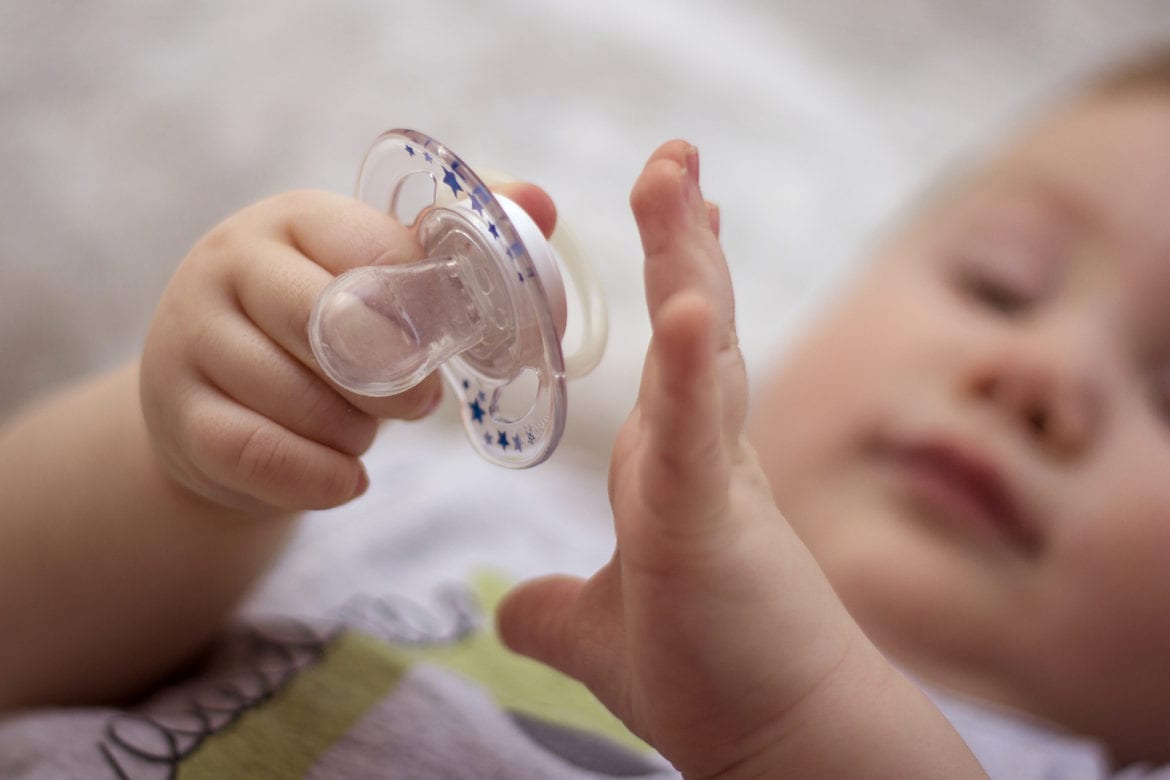When should my child stop using a pacifier?
“The American Academy of Pediatric Dentistry (AAPD) recommends that children stop using a pacifier by age 3 or younger,” says Joe Castellano, DDS, president of the AAPD. “Prolonged use of the pacifier can cause changes in occlusion and facial development for the child.” Basically, if your child continues to use a paci past the age of 3, it could affect their dental health.
What happens if my child uses a pacifier for too long?
“If a child uses a pacifier past age 3, a bite problem can occur. This can be dental, meaning it affects the alignment of the teeth, or skeletal, meaning affecting the bone development, or both,” says Dr. Castellano. “Issues can include the teeth being ‘crooked,’ or protrusive — when the front teeth end up tipped outward.”
It may also impact your kid’s bite. “The child can also develop an open bite where there is an open space between the upper and lower front teeth when the child bites. It is also common to see a posterior cross bite with prolonged pacifier use,” says Dr. Castellano. “This is when the upper jaw is narrower than the lower jaw on one or both sides due to the excessive sucking force, and so the upper molars bite inside the lower molars.”
How do I wean my child off a pacifier?
If you’re looking to wean your child off using a pacifier, it comes down to timing. “Begin working with the child around 12-18 months to break the habit,” says Dr. Castellano. “Be encouraging in the process, and reward them for doing a good job.”
And if your child starts to suck their thumb, you can give the paci back for a bit. “If during the process, the child begins to develop a thumb habit, give them the pacifier back, wait some time, and try again. It will be easier to remove the pacifier rather than having to deal with well-developed thumb or finger habit at a later time,” says Dr. Castellano.
If you need more support or advice for how to wean your kid off a pacifier, talk to your child’s dentist. “A pediatric dentist can encourage a child to stop a sucking habit and talk to the parents about what happens to the teeth and mouth if the child does not stop,” says Dr. Castellano. “If this approach doesn’t work, a pediatric dentist may recommend behavior modification techniques or an appliance that serves as a reminder for children who want to stop their habit.”

